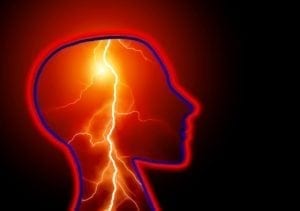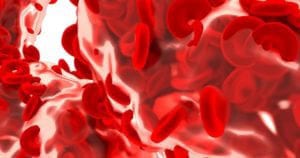Giant Cell Arteritis (GCA)
What is giant cell arteritis?
Giant cell arteritis (GCA) is a form of vasculitis, meaning that it causes inflammation of the blood vessels. The arteries of the scalp and head are mainly affected, especially those around the temples.
Only adults will experience this condition, typically those over the age of 50 are impacted. Females experience it more than males, and Caucasion people are affected more than other races.
What are the symptoms of giant cell arteritis?
A headache is the main symptom of GCA, but other effects include weight loss, a flu-like feeling, fatigue, fever, pain in the jaw when chewing, and loss of appetite. Affected individuals may also experience pain in the tongue, throat, and face, although these symptoms are less common. If the blood supply to the eyes are affected, vision can be altered. If the proper treatment is not sought, one can lose their vision.
What causes giant cell arteritis?
The cause of this condition is unknown. Doctors just know that the blood vessels inflame.
How is giant cell arteritis diagnosed?
There is no one test that can diagnose GCA. Doctors will use a blood test to find the erythrocyte sedimentation rate, and they can also conduct an ultrasound of the temporal arteries. A biopsy is the best way to diagnose this condition.
What are the treatments for giant cell arteritis?
A quick diagnosis is necessary so that treatment can begin right away. Early treatment is needed to reduce the risk of vision loss. Therapy consists of high doses of corticosteroids, which will decrease after a month of treatment. Actemra has also been approved by the FDA for the treatment of GCA.
Where can I find out more about giant cell arteritis?
Giant Cell Arteritis Articles

FDA Approves Tyenne, an Actemra Biosimilar for Autoinflammatory Diseases

The Doctors Said TMJ, But the Patient Said Giant Cell Arteritis





New Guidelines for Vasculitis Treatment Recommend First-Line Biologics for Some Patients







